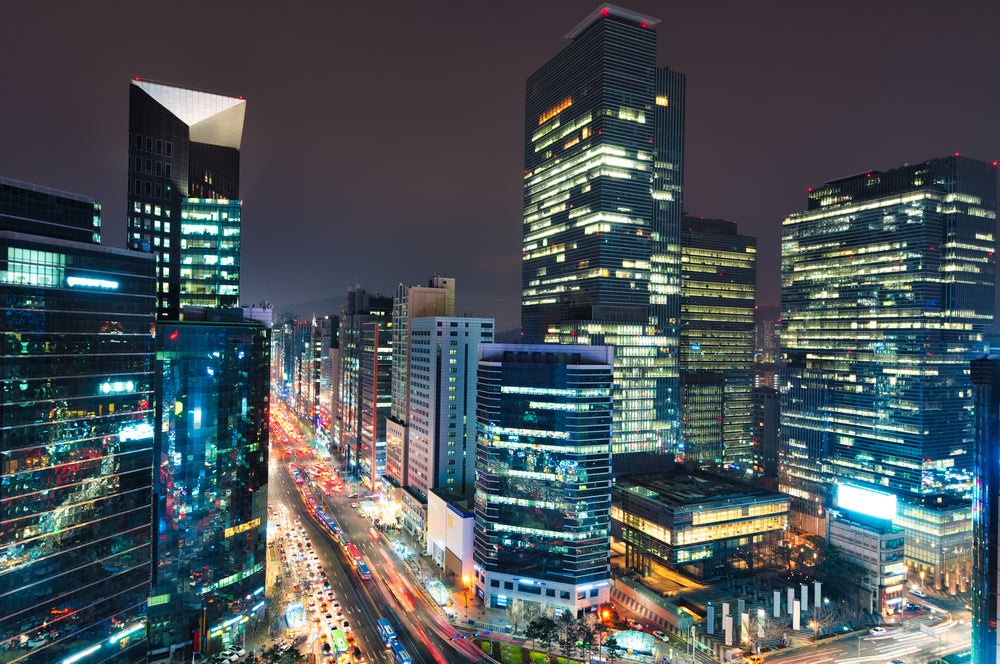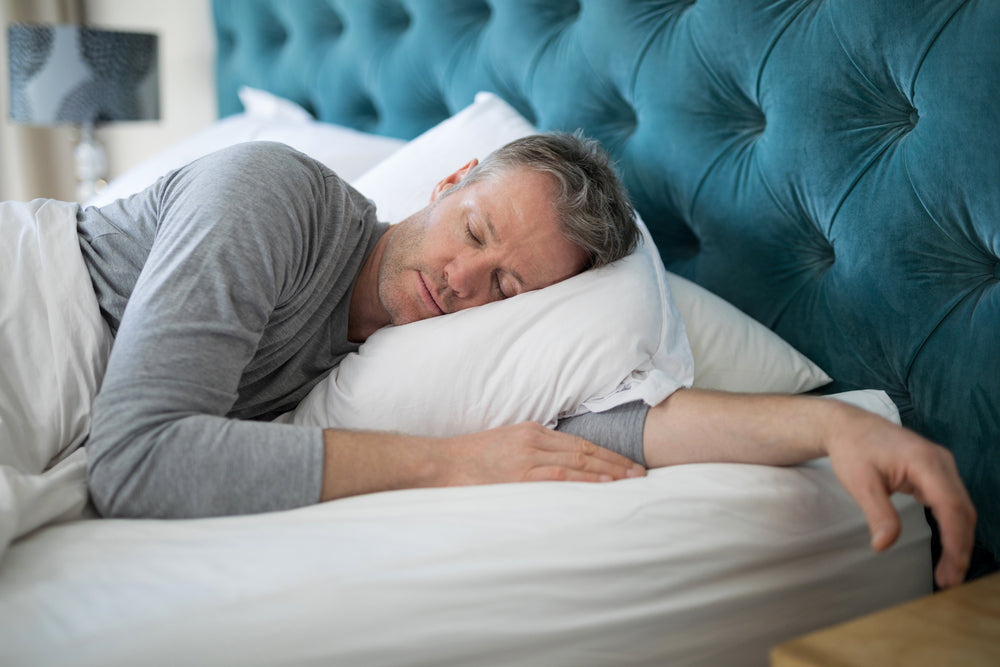A study published in JAMA Network Open details the possible link of exposure to nighttime artificial outdoor lights and an increased risk of age-related macular degeneration.

Researchers at Jeju National University College of Medicine in South Korea wanted to find out if the increase in artificial light at night could play a part in age-related macular degeneration since artificial lights at night have been linked to other conditions.
The research team evaluated data on more than 126,000 South Koreans aged 50 and over with around 4,100 of them being diagnosed with macular degeneration. Researchers followed where the participants lived and compared that to satellite imagery which showed light levels across South Korea at night.
The location of the participants' homes were divided into four quartiles, which were rated by how much artificial outdoor light they were possibly exposed to.
Study findings showed that urban areas, which had the highest levels of outdoor artificial light had 2.17 times the risk of developing age-related macular degeneration compared to those who lived in areas with the least amount of nighttime artificial light. Even people living in those areas that had slightly elevated levels of nighttime artificial light were at a 12% higher risk of having macular degeneration.
Researchers acknowledge that this is the first study to address this link and that it doesn't prove that nighttime outdoor lighting is a factor in macular degeneration and that additional studies need to be conducted to determine causality.














